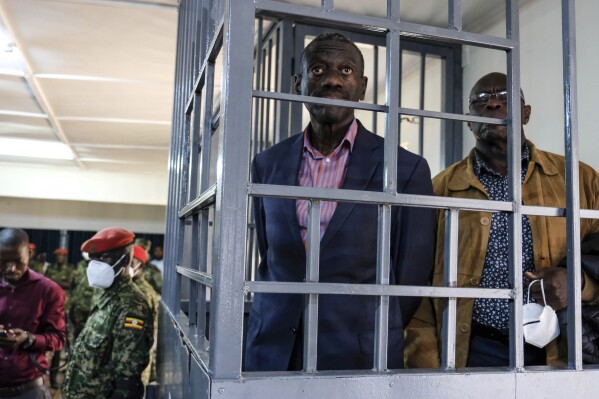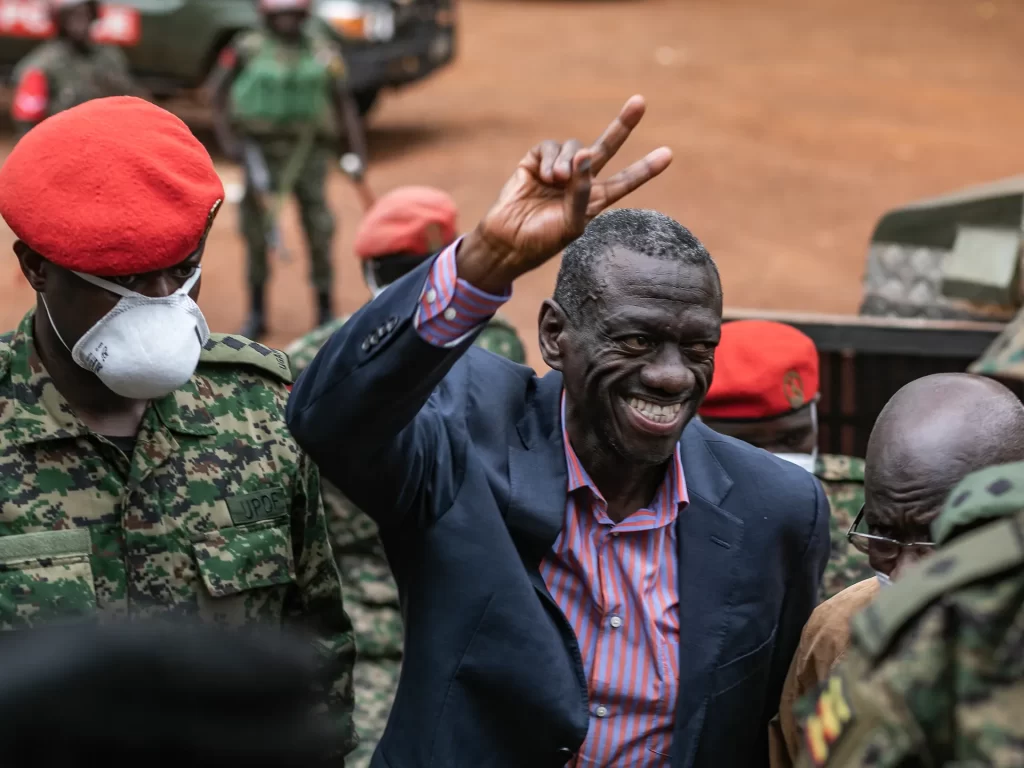Kenyan officials launched an investigation Wednesday into the mysterious disappearance and transfer of prominent Ugandan opposition leader Kizza Besigye from Nairobi to Uganda, as international criticism mounts over the country’s treatment of foreign dissidents.

Korir Sing’oei, principal secretary at Kenya’s foreign ministry, emphasized in a television interview that Besigye’s removal was “not the act of the Kenyan government,” characterizing it as an abduction. The interior ministry has begun probing how the longtime rival of Ugandan President Yoweri Museveni was “forcefully removed from premises in our country and taken to Uganda.”
Besigye, who vanished Saturday in Nairobi, resurfaced Wednesday before a Ugandan military court facing charges of illegal firearms possession. The court alleges he was found with a pistol and eight rounds of ammunition in Nairobi’s Riverside neighborhood while seeking support to “prejudice the security of Uganda’s military.”

His wife, Winnie Byanyima, who heads the United Nations HIV/AIDS agency UNAIDS, contested the charges, stating Besigye hasn’t owned a firearm in two decades. “As a civilian, Dr Besigye should be tried in a civilian court NOT a military court,” she posted on social media platform X.
While Uganda’s government spokesperson denied conducting abductions, insisting arrests abroad involve host country collaboration, the incident has intensified scrutiny of Kenya’s human rights record. In July, Kenyan authorities deported 36 members of Besigye’s political party to Uganda, where they faced terrorism charges. Last month, Kenya drew United Nations criticism for deporting four Turkish refugees to Ankara.
U.S. Senate Foreign Relations Committee ranking member James Risch expressed concern on X that the abduction “raises serious questions about important U.S. partners violating international norms.”



